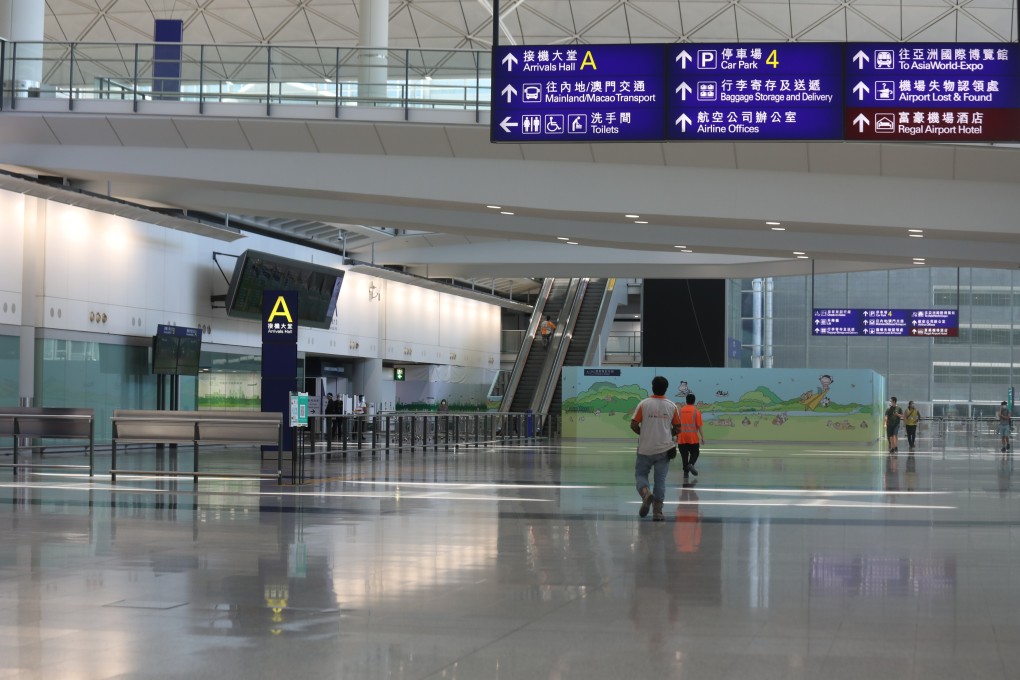Opinion | Why Hong Kong must lift Covid-19 flight ban and help residents stuck overseas
- With no sign the flight ban on nine countries will end soon, Hongkongers stuck overseas must undergo expensive ‘washout’ periods or wait until the ban ends
- Extending the ban and the suffering of Hongkongers makes no sense when the risks posed by some banned countries are lower than Hong Kong or non-banned places

Nearly two months into the flight ban, there is growing frustration at the ban and questions are raised about its necessity. Banning flights is immaterial to pandemic control if the number of non-local cases remains low compared to locally transmitted cases.
Gabriel Leung, dean of the Faculty of Medicine of the University of Hong Kong, said on February 24 that Hongkongers stranded overseas by the flight suspension should be allowed to return as Hong Kong’s risk of infection is similar to those in the banned regions. In other words, Hongkongers returning from those places do not pose additional risks to the city.
The list itself is even more baffling when the risks posed by some banned countries are lower than other non-banned places. Canada’s daily new case numbers, which are around 6,000, are lower than the number of new cases in Hong Kong.
